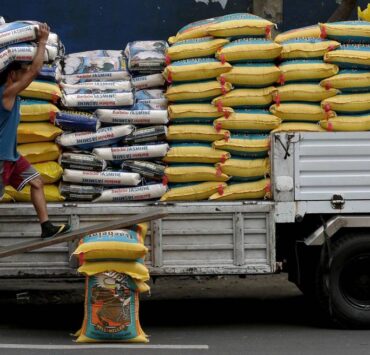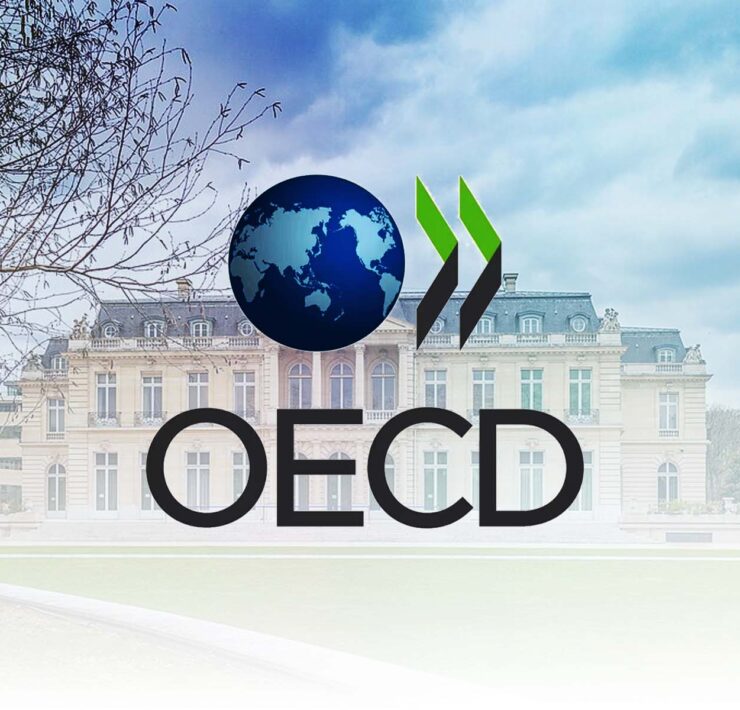Stocks suffer worst fall since COVID-19 pandemic

The local stock barometer on Monday fell to its worst closing value in 30 months as investors cowered in fear of recession following global trade war escalation, which sent Asian stocks to a bloody start of the week.
The peso also depreciated by 60.9 centavos or 1.1 percent to finish the first trading day of the week at 57.43 versus the US dollar.
The PSEi went as low as 5,804.56 within the day before trimming its losses to settle at 5,822.52, representing a tumble of 4.3 percent, or 261.34 points.
Although better than its regional peers, this is still the steepest single-day drop of the benchmark index since June 2020, a COVID-19 pandemic year.
It is also the market’s lowest closing value since October 2022.
Index heavyweights International Container Terminal Services Inc. (ICTSI) and Jollibee Foods Corp. (JFC) were among the worst performers. Both companies have a strong international presence.
At the same time, the broader All Shares Index closed on Monday lower by 4.03 percent, or 146.67 points, to 3,496.77
Unicapital Securities Inc. research head Wendy Estacio-Cruz told the Inquirer that the sell-off was a result of geopolitical tensions arising from US President Donald Trump’s recently imposed reciprocal tariffs.
The latest move in the global trade war happened last Friday, when China retaliated with a 34-percent duty on goods coming from America.
This sent the PSEi into chaos early on Monday, opening 3 percent lower.
Luis Limlingan, head of sales at stock brokerage house Regina Capital Development Corp., also noted that investors were now “looking as to whether other countries will continue to retaliate in a back-and-forth increase.”
In the Philippines’ case, it has not made a move against the 17-percent tariff imposed by the US.
Still, Cruz said the PSEi’s fall was “largely sentiment-driven,” and there may be room for a rally.
“In our view, as long as the underlying value of businesses and economies remains intact and undamaged by a war, the market will eventually stabilize, and stocks will bounce back,” she added.
A crucial stabilizer this week, Cruz pointed out, is the possibility that the Bangko Sentral ng Pilipinas will cut rates for overnight borrowing. The central bank’s next monetary policy meeting is scheduled on Thursday.
ICTSI was the top-traded stock as it slipped by 4.99 percent to P320 each, followed by Ayala Corp., down 3.24 percent to P552.50; BDO Unibank Inc., down 4.24 percent to P149; Bank of the Philippine Islands, down 4.14 percent to P127.50; and JFC, down 9.46 percent to P203 per share.
Losers overpowered gainers, 201 to 32, while 33 companies closed flat.
Meanwhile, the peso fell to as low as 57.43 versus the greenback in intraday trade, data from the Bankers Association of the Philippines showed.
Trading was also heavy, with funds worth $2.2 billion switching hands.
Michael Ricafort, chief economist at Rizal Commercial Banking Corp., blamed this to the panic caused by Trump’s sweeping tariffs.
“The US dollar-peso exchange rate corrected higher largely due to the continuing effects of Trump’s reciprocal tariffs announced on April 2 that could slow down the US and global economy, with risk of US recession,” Ricafort said.





















